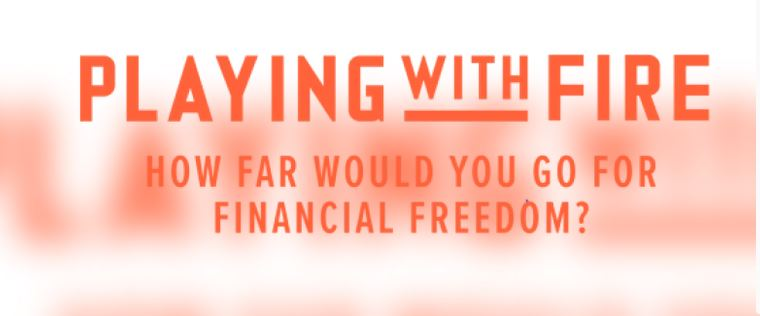
How to select a good financial advisor? 👇
Caveat: I've not used a financial advisor and learnt things the hard way and / or with tons of research. I wish I had used a fee only advisor earlier. I may have avoided at least some mistakes.
Feel free to add.
Caveat: I've not used a financial advisor and learnt things the hard way and / or with tons of research. I wish I had used a fee only advisor earlier. I may have avoided at least some mistakes.
Feel free to add.
1. Pick a fee only financial planner / advisor. That way they have no conflict of interest and no interest to peddle products to you.
2. Ask what they will discuss with you in the first session. Anyone who doesn't start with wanting to know your goals, aspirations, fears should be a red flag.
Money must fit into life. Life shouldn't revolve around money.
Money must fit into life. Life shouldn't revolve around money.
3. Ask their philosophy of investing / money. A good financial planner must find a balance between growing wealth and preserving it. Beware of those who brag about beating the market.
4. Ask what kind of clients they work with. If they work with HNIs and you have only a few lakhs, you both might not be a good fit for each other.
5. Ask for references. This is not a deal-breaker; many people want their planner to maitain their confidentiality but if a planner can give you references to 2-3 satisfied clients, that's a good sign.
Attn @K_R_Sushil as you'd asked for this. Hope you find it of use. Sorry for the delay in addressing this.
• • •
Missing some Tweet in this thread? You can try to
force a refresh



